Scottish Quarantine
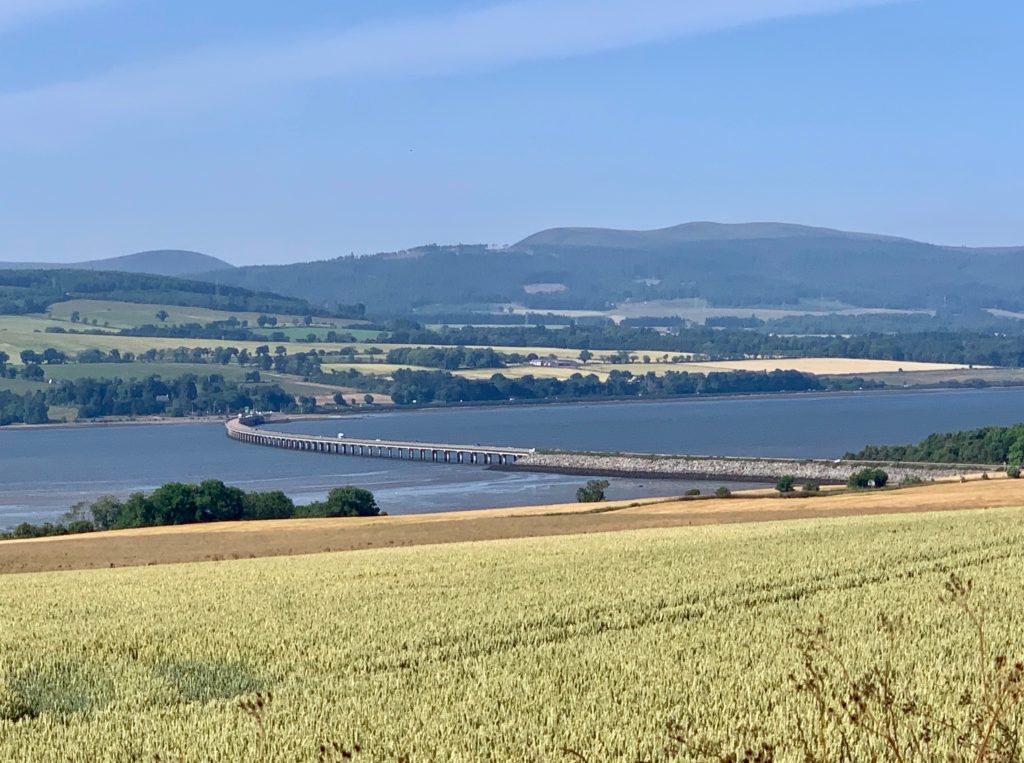
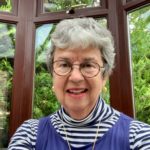 Our five-week visit to Dornoch, Scotland began July 23 with a required 10-day quarantine. Ten days was just a quarter of the original 40-day quarantena used by 14th century Venetians to handle outbreaks of plague on ships waiting in their harbor. Instead of an ordeal, I found ten days of reduced busyness memorable for cool weather, vivid flowers, interesting birds, and generous friends. A small house we had rented in 2019 proved ideal: Steve could practice chipping in the garden, while I read in the Conservatory.
Our five-week visit to Dornoch, Scotland began July 23 with a required 10-day quarantine. Ten days was just a quarter of the original 40-day quarantena used by 14th century Venetians to handle outbreaks of plague on ships waiting in their harbor. Instead of an ordeal, I found ten days of reduced busyness memorable for cool weather, vivid flowers, interesting birds, and generous friends. A small house we had rented in 2019 proved ideal: Steve could practice chipping in the garden, while I read in the Conservatory.
Reading alone or with Steve was quite a contrast from two years ago, when we filled the space with ten people!
 Though I missed my usual 40-minute walks each day, strolls around Gilchrist Square allowed me to ponder the flowers.
Though I missed my usual 40-minute walks each day, strolls around Gilchrist Square allowed me to ponder the flowers.
Marion and Ian McAuley, friends who live in Dornoch, kept us supplied with groceries, wine, and whisky. Allene and Jim Cooley, from Charlotte NC who rent a house next-door, had arrived two days earlier. Marion showed Allene and me how to prepare fresh haddock and treated us to beloved local specialties, like Sticky Toffee Pudding. Lisa Craig offered libations and games. We are very grateful to such devoted friends.

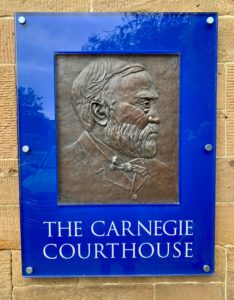 By Day 3 I finished reading the 1171-page book I’d started two weeks before, Helen Hooven Santmyer’s …And Ladies of the Club; I wrote my brother about how it reminded me of our great grandparents. Next I perused Walter Isaacson’s Code Breakers: Jennifer Doudna, Gene Editing, and the Future of the Human Race, which Jim lent me. By the final day of confinement I had finished Andrew Carnegie’s Autobiography and Essay on the Gospel of Wealth. Dornoch’s courthouse is named for him. When Stewart and Ann Rennie come to visit us in two weeks, we can learn more about Dunfermline, birthplace of both Carnegie and Stewart’s father. Carnegie’s love of libraries led me to The Paris Library by Janet Skeslien Charles.
By Day 3 I finished reading the 1171-page book I’d started two weeks before, Helen Hooven Santmyer’s …And Ladies of the Club; I wrote my brother about how it reminded me of our great grandparents. Next I perused Walter Isaacson’s Code Breakers: Jennifer Doudna, Gene Editing, and the Future of the Human Race, which Jim lent me. By the final day of confinement I had finished Andrew Carnegie’s Autobiography and Essay on the Gospel of Wealth. Dornoch’s courthouse is named for him. When Stewart and Ann Rennie come to visit us in two weeks, we can learn more about Dunfermline, birthplace of both Carnegie and Stewart’s father. Carnegie’s love of libraries led me to The Paris Library by Janet Skeslien Charles.
Missing due to COVID was the music of the Dornoch Pipe Band parading on Castle Street on Saturday nights, but the ancient Cathedral bells marked every hour, reminding me to pray. I watched services from there and from Delray Beach. A ticket to an online concert by the Philadelphia Orchestra let me appreciate Florence Price‘s Symphony No. 1. The syncopated chatter of sea gulls inspired me to invent melodies and to take their portraits as soon as our quarantine was over.
In an effort to gauge how the overall effect the pandemic has had on us, I re-read Corona Comforts and Self-Examination, posts from 2020. Then I listened to a very thoughtful sermon by my friend Kirsten Lodal, who is studying at Union Theological Seminary, about the challenges our country faces. My conclusion is that personally, our Scottish Quarantine has allowed us to reboot ourselves, reconnect with nature, and be grateful for the privilege of being vaccinated and able to travel again. Now we hope to have the energy to help reboot our society with greater equity and compassion. Here again is the poem I tacked up next to my desk 17 months ago.
Pandemic
What if you thought of it
as the Jews consider the Sabbath—
the most sacred of times?
Cease from travel.
Cease from buying and selling.
Give up, just for now,
on trying to make the world
different than it is.
Sing. Pray. Touch only those
to whom you commit your life.
Center down.
And when your body has become still,
reach out with your heart.
Know that we are connected
in ways that are terrifying and beautiful.
(You could hardly deny it now.)
Know that our lives
are in one another’s hands.
(Surely, that has come clear.)
Do not reach out your hands.
Reach out your heart.
Reach out your words.
Reach out all the tendrils
of compassion that move, invisibly,
where we cannot touch.
Promise this world your love–
for better or for worse,
in sickness and in health,
so long as we all shall live.
–Lynn Ungar 3/11/20
And here is a choral setting of this poem by Martin Sedek:
More flowers from Dornoch…
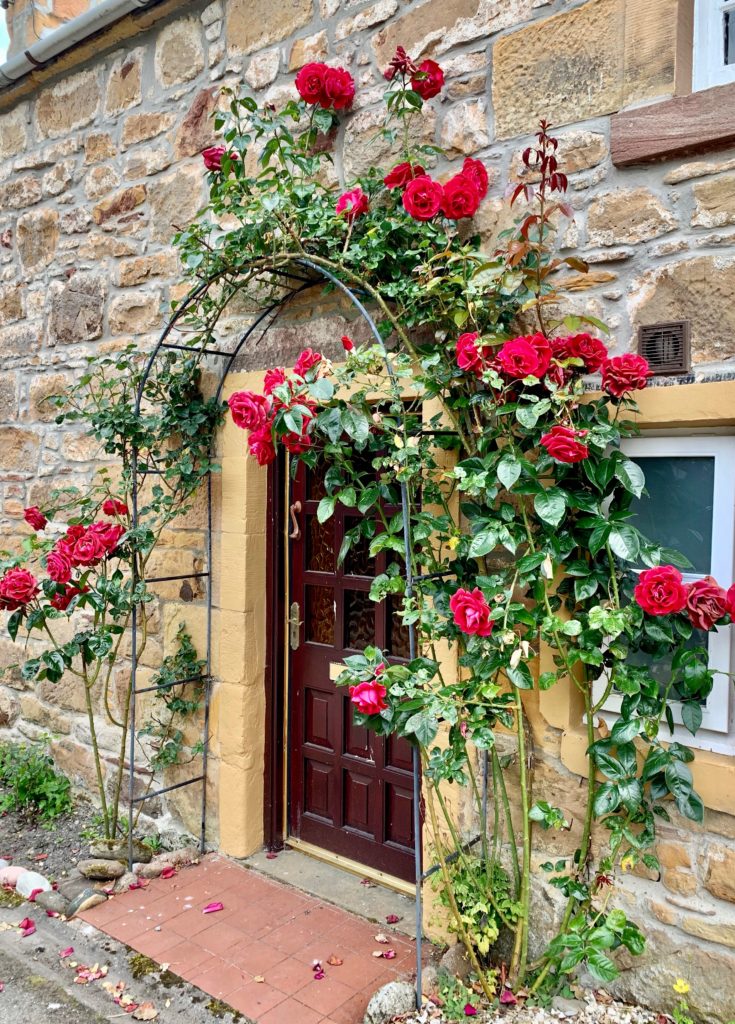
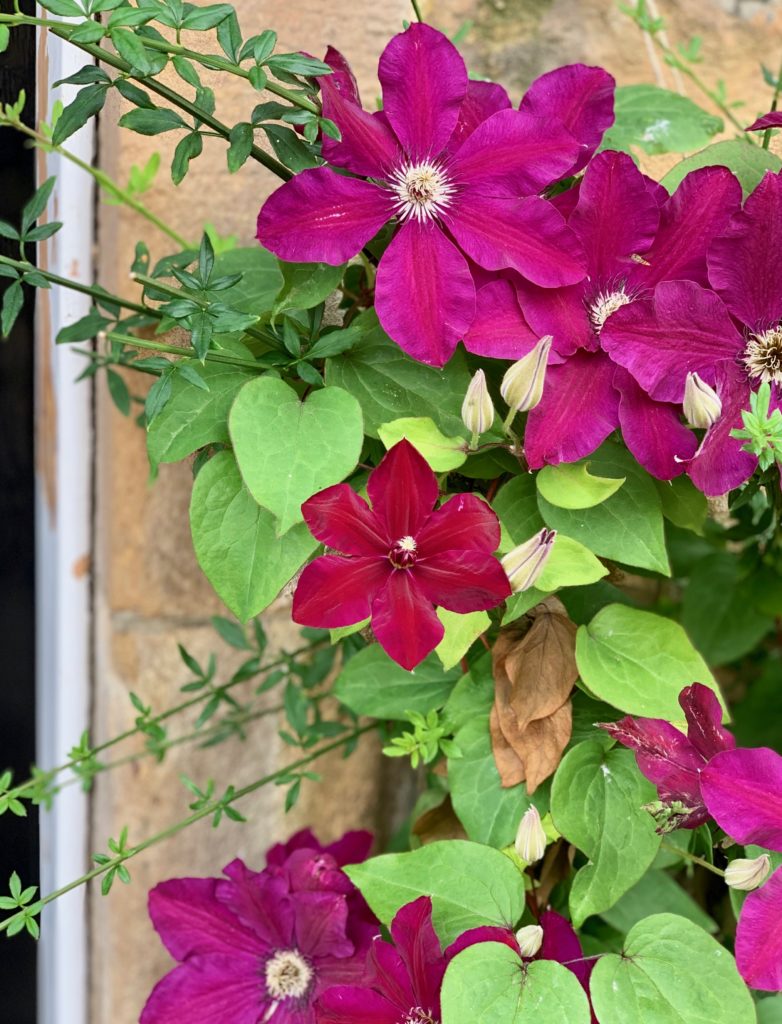
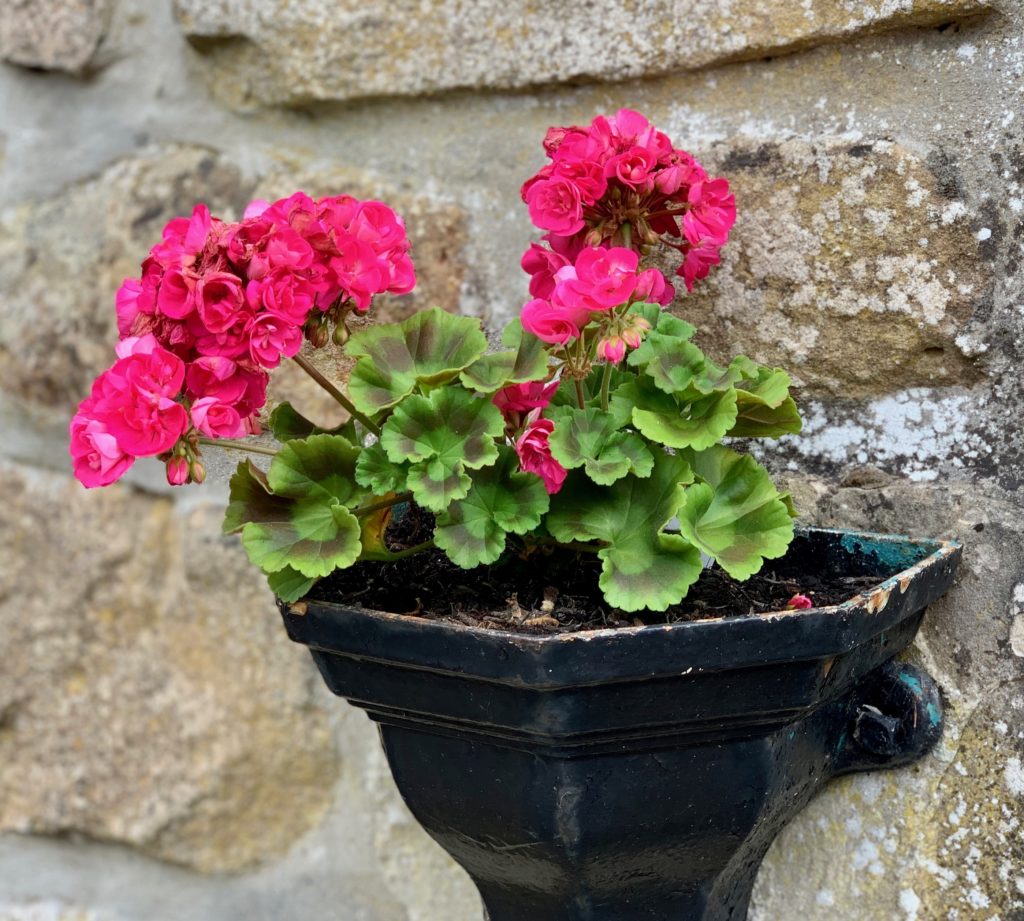
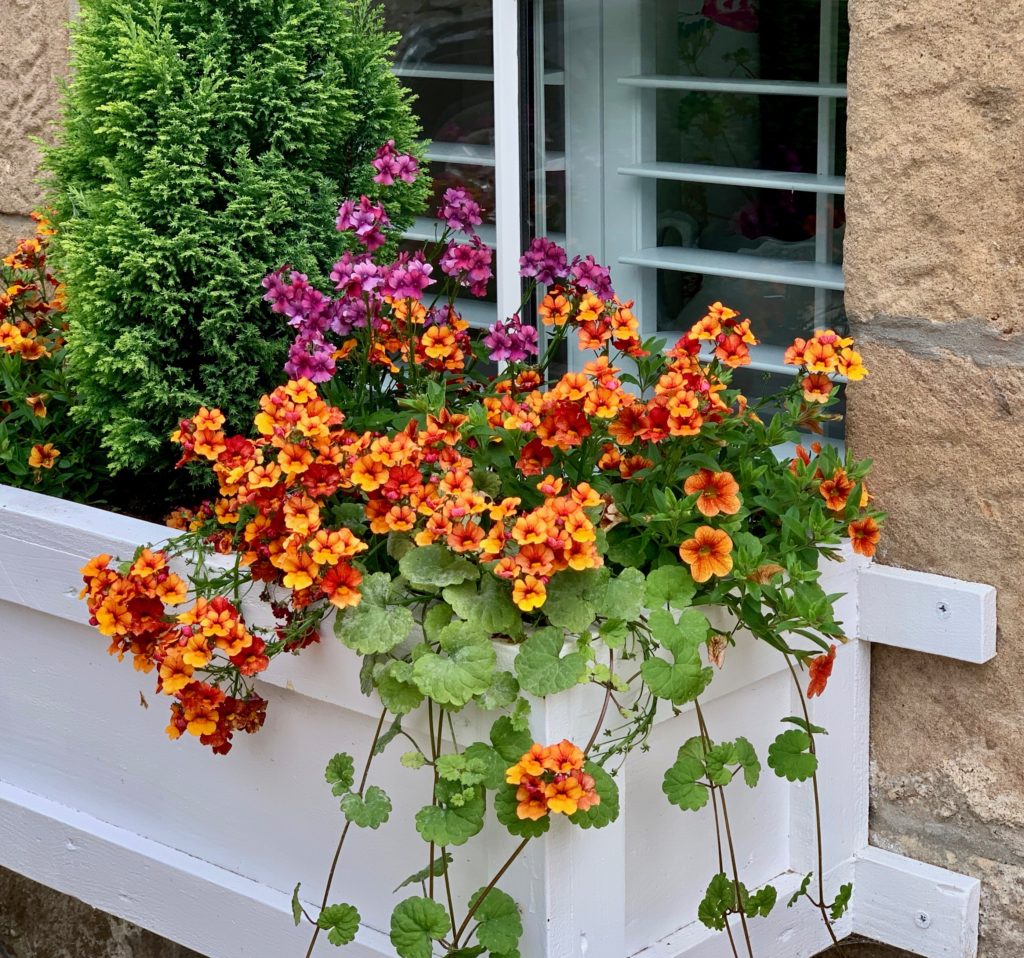
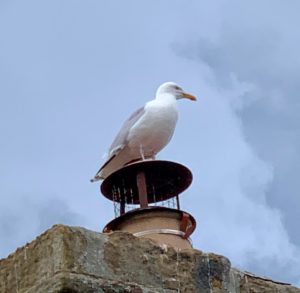
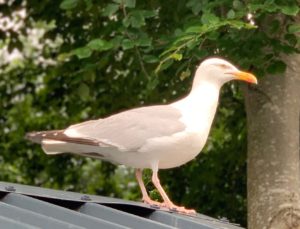
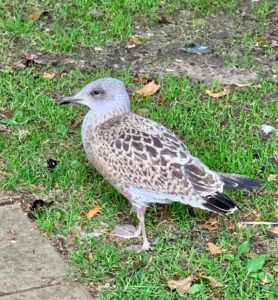
Leave a Reply